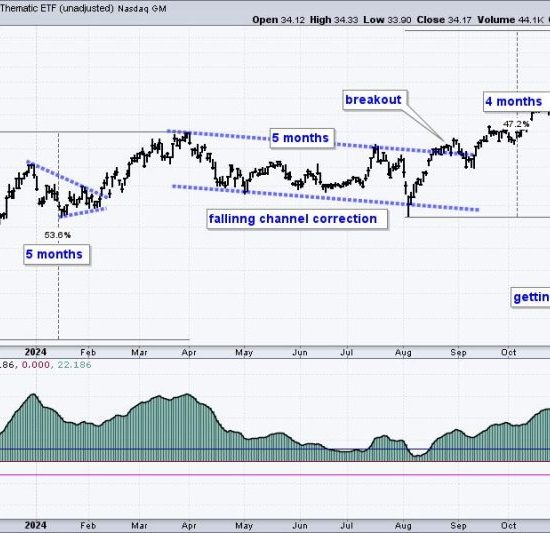Recession fears have begun to dominate the thoughts of investors globally, as tech stocks take an alarming selloff plunge. This precarious economic situation is pushing stakeholders to question the sustainability of the once resilient technology sector and heightening fears of a looming recession.
The technology sector, often seen as a haven for investors during times of economic uncertainty, has been hit hard by significant selloffs. With blue-chip tech stocks including Amazon, Apple, and Microsoft, all experiencing severe price cuts, this throws the industry into a state of persistent volatility. This sudden selloff alarmingly undercuts beliefs that the tech industry was invincible, especially against the backdrop of an uncertain global economic climate.
Now, while it might seem far-fetched to assume that a tech selloff signals the advent of a recession, the circumstances prompting the selloff could indeed be symptomatic of broader economic issues. For starters, the ongoing global health crisis has sent shockwaves across industries, and technology companies haven’t been spared. Continued supply chain disruptions, labor shortages, and increasing cost of materials have begun to impact the tech giants’ performance, causing market unrest and a scrambling reassessment of tech stock values.
Secondly, investors’ increasing skepticism about the lofty valuations of many tech companies even in the face of diminishing returns is causing a reconsideration of investment strategies. With concerns about inflation and interest rates, investors are increasingly cashing out of the seemingly overvalued tech industry to reduce risks associated with potential market corrections. This broad sentiment of unease is eroding faith in tech stocks, exacerbating the selloff, and contributing to an already jittery market.
Moreover, the tech firms’ reliance on global markets comes with its risks, including fluctuations in currency exchange rates and geopolitical tensions. Notably, the increased scrutiny and regulatory interventions from governments worldwide have further dented the confidence of investors in tech stocks. From antitrust lawsuits to data privacy issues, these regulatory challenges have raised doubts over the future profitability of tech companies, encouraging more selloffs.
Many tech companies, particularly those in the software and semiconductor sectors, are directly influenced by the global economic mood, being export-oriented. Signs of a slowdown in international trade spell bad news for these companies. With rising protectionist sentiments and the unraveling of global supply chains, tech companies face the daunting task of realigning their operations at the risk of increased costs, further driving the selloff mentality.
In light of these factors, it’s clear that while the tech stocks’ selloff may not necessarily guarantee a recession, it does signal a challenging environment for the tech sector. It highlights the vulnerability of the sector to wider economic and socio-political trends, showcasing the escalating need for resilience and versatility in business strategies. The investors’ fears are not unfounded, but they do need to be contextualized within the bigger picture of a challenging universal business environment.
In these turbulent times, the role of governments, policymakers, and the companies themselves in maintaining market stability becomes indispensable. While the tech industry grapples with a changing economic landscape, it is essential to focus on developing robust strategies capable of withstanding market shocks.
Recession fears are top of mind, and they’re infused with many valid arguments. The selloff of tech stocks does not conclusively point at a recession, but it does emphasize the increasing uncertainties surrounding the tech industry’s future. Precaution, vigilance, and a little bit of optimism may be what the industry and its investors need to weather this storm.




